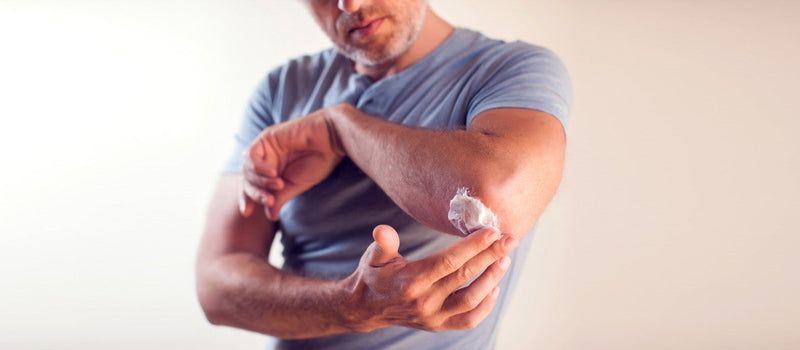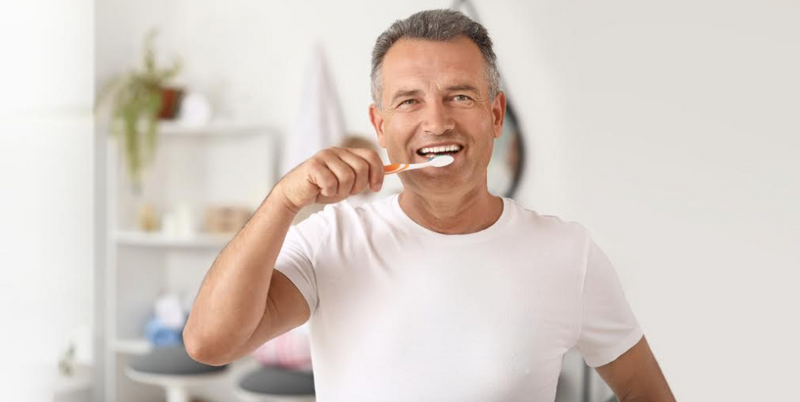

When you have diabetes, you learn that blood sugar spikes are common. Managing your diabetes is challenging due to a range of factors that affect blood glucose levels so there will be times when you experience hyperglycemia or high blood sugar. Your body has a natural system built in to deal with the changes in blood sugars that happen.
However, frequent unexpected spikes in blood sugar are a problem. They can impair your thinking short term and increase your risk of serious complications of diabetes, including heart disease, kidney disease, nerve damage and blindness.
Blood sugar spike symptoms
Be aware of blood sugar spike symptoms, which include:
· Frequent urination: Because of excess glucose levels, the kidneys are not able to reabsorb all the glucose and return it to the bloodstream. As a result, excess glucose exits the body through frequent urination.
· Increased thirst: Frequent urination is another one of the blood sugar spike symptoms. It can cause dehydration, which leads to thirst and the need to drink more fluids.
· Fatigue: High blood glucose impairs your body’s ability to use glucose for energy.
· Blurry vision: High blood sugar can affect the fluid balance in your eyes. This can lead to temporary vision changes such as blurred or distorted vision.
Causes and prevention of blood sugar spikes
Blood sugar spikes result from too much glucose in your bloodstream and an insufficient amount of insulin or other glucose -lowering medication to enable your cells to properly absorb it. If you have diabetes, a blood sugar hike could result from several factors:
Diet: Blood sugar spikes after eating are normal. However, food and drinks that have too many carbs can cause your blood sugar to rise dramatically. That is why you want to eat carbs in moderation and opt for whole grains, legumes, and vegetables to prevent blood sugar spikes. They have a lower impact on blood sugar than refined carbohydrates since they promote graduate and steady glucose release into the bloodstream. Also limit sugary drinks, sweets, and other processed snacks and be aware of hidden carbohydrates in sauces and creams to blood sugar spikes after eating.
Work with a nutritionist to develop a meal plan designed to help you avoid spikes in blood sugar after eating, especially ones that are not expected. That plan should involve starting your day with a good balanced breakfast to get your blood sugar off to a good start. Also monitor your food intake for a week or two, checking your blood glucose before and after you eat. Record your results to learn when your blood sugar is most likely to spike.
Insulin: You need to be sure not to miss an insulin dosage. You also want to be careful when you change insulin dosages or switch to a new insulin.
Too much coffee: Research shows that caffeine causes blood sugar glucose spikes in patients with diabetes.[1] Caffeine might affect the way your body uses insulin, leading to higher or lower blood sugar. For some people with diabetes, about two hundred milligrams of caffeine can cause this change. For others, it may have no significant effect on blood sugar.[2]
Too little sleep: Sleep impacts how well your body can control and break down blood sugar. When you skimp on sleep, your body uses insulin less effectively, which can make your blood sugar higher than it should be. [3]
Stress: When you are stressed, your body releases hormones like cortisol and adrenaline. They affect the ability of insulin to work properly leading to high blood sugar levels. That is why you will want to track when you feel stressed and how it affects your glucose levels to see what kind of patterns emerge. If you notice your glucose level is high when you are feeling stressed about something or some time of the day or week, you can take special steps to lower your stress during these periods and keep your glucose under control. [4]
To little or too much exercise: Even a mild workout can lower your blood sugar level and improve how your body responds to insulin. The American Diabetes Association says getting 150 minutes of moderate intensity exercise each week can help you manage your diabetes.[5] However, too much exercise can raise blood sugar levels. During workouts such as heavy weightlifting and competitive sports, your body produces stress hormones, such as adrenaline. Adrenaline raises blood glucose levels by stimulating your liver to release glucose.[6]
Dehydration: Less water in your body means your blood sugar is more concentrated. To help regulate blood sugar levels through hydration, drink more water.
Steroids and other medications: Some drugs can raise your glucose levels, including:[7]
· Corticosteroids,
- Diuretics (“water pills”)
- Drugs used to treat depression
- Blood pressure medicines
If you notice your blood sugar is high on these medications, let your doctor know. You may need to adjust your diet or the medications.
Gum disease: Infection and high blood sugar often go together. When your body is fighting an illness, your organs require more energy to combat the invading pathogen, requiring more glucose to be released into the bloodstream. Gum disease, like all infections, may cause an increase in blood glucose, making it harder to manage your diabetes and in turn harder for your body to fight the infection. Brush and floss daily. Be sure to visit your dentist for regular check-ups and cleaning, too.
Sunburn: The pain causes stress and stress increases blood sugar. [8]
Staying on top of your medication routine, testing your blood regularly along with proper diet and exercise can help you manage blood sugar spikes and reduce the risk of serious complications.
[1] James D. LaneMark N. FeinglosRichard S. Surwit; Caffeine Increases Ambulatory Glucose and Postprandial Responses in Coffee Drinkers With Type 2 Diabetes. Diabetes Care 1 February 2008; 31 (2): 221–222 https://doi.org/10.2337/dc07-1112
[2] Shah, Pankaj, “Caffeine: Does It Affect Blood Sugar,” Mayo Clinic, Accessed May 5, 2025. https://www.mayoclinic.org/diseases-conditions/type-2-diabetes/expert-answers/blood-sugar/faq-20057941
[3] Gleim, Sarah, “Common Causes of Blood Sugar Spikes,” WebMD, January 9, 2025.
[4] Purdie, Jennifer, “Stress: How It Affects Diabetes and How to Decrease It,” healthline, July 21, 2022. https://www.healthline.com/health/diabetes-and-stress
[5] “Weekly Exercise Targets, American Diabetes Association, Accessed May 5, 2025. https://diabetes.org/healthy-living/fitness/weekly-exercise-targets
[6] “Exercise and Glucose Levels in Diabetes,” American Diabetes Association, Accessed May 5, 2025. https://diabetes.org/health-wellness/fitness/why-does-exercise-sometimes-raise-blood-sugar
[7] Bazeman, Nicole, “Common Causes of Blood Sugar Spikes,” WebMD, August 15, 2004. https://www.webmd.com/diabetes/causes-blood-sugar-spikes
[8] “10 Surprising Things That Can Spike Blood Sugar,” CDC, May 15, 2024. https://www.cdc.gov/diabetes/living-with/10-things-that-spike-blood-sugar.html







